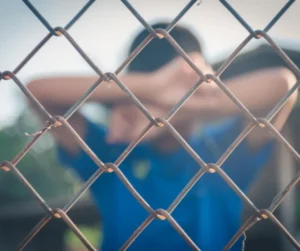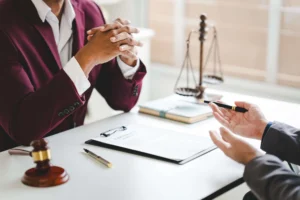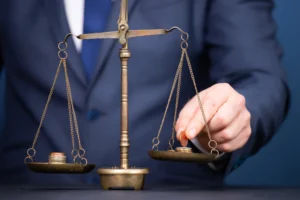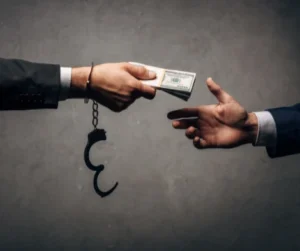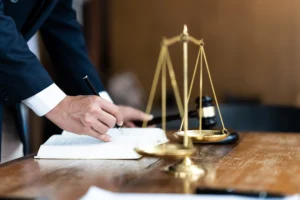
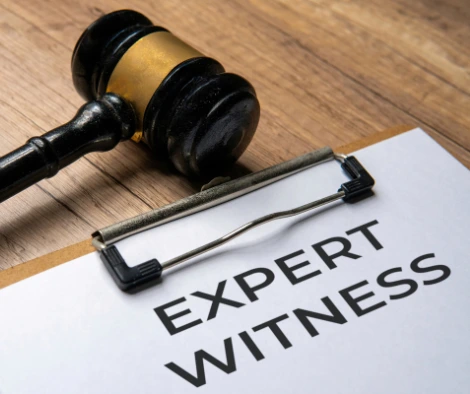
Expert Testimony
In legal battles, words alone are not always enough to sway a jury. This is where expert testimony comes into play. Expert witnesses provide professional opinions based on their specialized knowledge in fields such as forensics, psychology, or medicine. Their insights help break down complex information into understandable terms, making it easier for judges and juries to make informed decisions.
Courts require expert witnesses to meet strict qualifications. Their credentials must demonstrate that they have the necessary experience and training to speak on a particular subject. For example, a forensic scientist may be called to testify about DNA evidence in a criminal case, while a medical expert may explain the impact of an injury.
One key advantage of expert testimony is its ability to introduce doubt in the prosecution’s case. If a defendant is accused of a crime based on forensic evidence, an expert can analyze and challenge the accuracy of that evidence. In some cases, expert testimony has led to wrongful convictions being overturned, highlighting its importance in ensuring justice is served.
Defense Strategy
A strong defense strategy often includes expert witnesses who can clarify key aspects of the case. Defense attorneys carefully select experts who can challenge the prosecution’s evidence, provide alternative explanations, and support the defendant’s claims.
For instance, in a criminal defense case involving mental health, a psychologist may testify about the defendant’s mental state at the time of the alleged crime. This can help establish whether the defendant was capable of understanding their actions or acting with criminal intent.
In cases involving forensic evidence, an independent expert can review the prosecution’s findings. They may uncover errors in lab testing, contamination of evidence, or misinterpretation of results, all of which can weaken the prosecution’s case.
Furthermore, expert witnesses can help explain technical subjects, such as digital forensics in cybercrime cases. If a person is accused of hacking, a cybersecurity expert can examine whether the evidence truly supports the claim or if there are alternative explanations, such as unauthorized access by another party.
Case Study: The Role of Expert Testimony in a Criminal Trial
To illustrate the impact of expert witnesses, let’s examine a real-life case where expert testimony played a crucial role in the defense.
John Doe was accused of arson after a fire destroyed a commercial building. Prosecutors relied on the testimony of a fire investigator, who claimed the fire was intentionally set. The defense, however, called in an independent fire expert who challenged the findings. The expert demonstrated that the fire could have been caused by faulty electrical wiring rather than arson.
The expert presented scientific data showing that burn patterns were consistent with an electrical malfunction, not deliberate ignition. Their testimony cast doubt on the prosecution’s case, leading to a verdict of not guilty. Without this expert, John Doe might have been wrongfully convicted based on misleading evidence.
Frequently Asked Questions
- What qualifies someone as an expert witness? An expert witness must have specialized knowledge, education, training, and experience in a particular field. Courts evaluate their qualifications before allowing them to testify.
- Can an expert witness be cross-examined? Yes, both the prosecution and defense have the right to question an expert witness to challenge their credibility and findings.
- How do expert witnesses impact a case? Expert witnesses can provide clarity, challenge opposing evidence, and introduce reasonable doubt, all of which can influence the outcome of a case.
- Are expert witnesses used in all cases? No, expert witnesses are typically used in cases where technical, scientific, or specialized knowledge is necessary to explain key evidence.
- How do attorneys choose expert witnesses? Attorneys select experts based on their credentials, experience, credibility, and ability to effectively communicate complex information.
